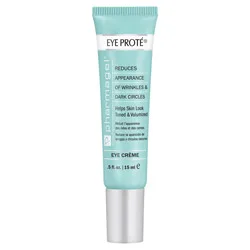Ingredient: Tocopherol
Tocopherol, or vitamin E, a fat-soluble vitamin is a naturally occurring antioxidant which can be isolated from vegetable oil. When isolated Tocopherol, is a viscous oil that varies in color from yellow to brownish red. Rather than Tocopherol itself, esters of Tocopherol are often used in cosmetic and personal care products. In cosmetics and personal care products, Tocopherol and other ingredients made from Tocopherol, including Tocopherol esters* are used in the formulation of lipstick, eye shadow, blushers, face powders and foundations, moisturizers, skin care products, bath soaps and detergents, hair conditioners, and many other products. It is most often used as an anti-oxidant and/or an occlusive for skin conditioning products. (*Ester = An ester is an organic compound where the hydrogen in the compound's carboxyl group is replaced with a hydrocarbon group. Esters are derived from carboxylic acids and (usually) alcohol.)
Vitamin E or "Tocopherol" is more than one ingredient. It may be listed as:
Basically, if you see "tocopherol" or "tocotrienols" somewhere on the packaging, that's vitamin E in disguise. Also, if you see the "d" prefix (such as d-alpha-tocopherol), it means it comes from a natural source. If you see the "dl" prefix (such as dl-alpha-tocopherol), it's made in a lab. They both work well, but the natural kind seems to do the job a little bit better.
So, what is it that this Vitamin E can do?

